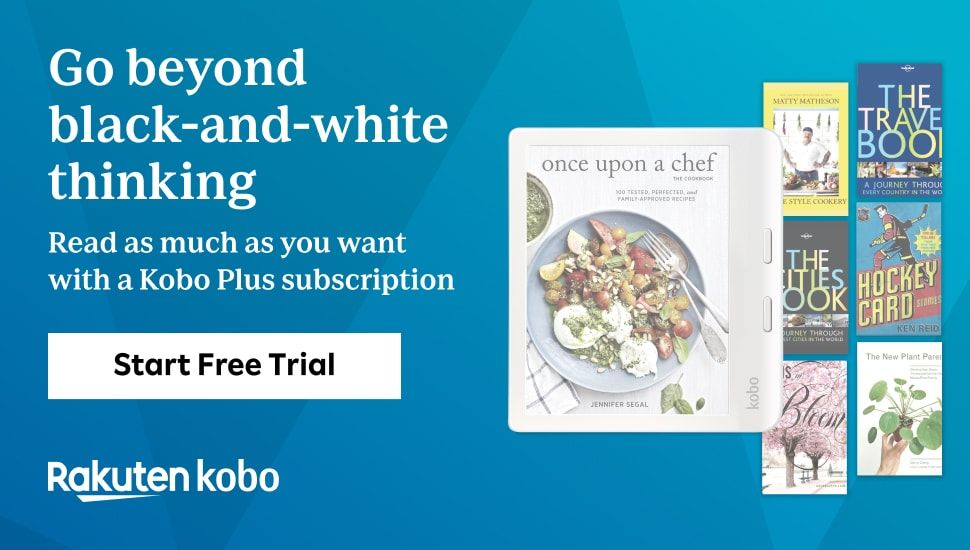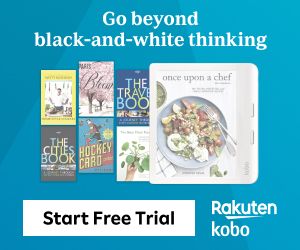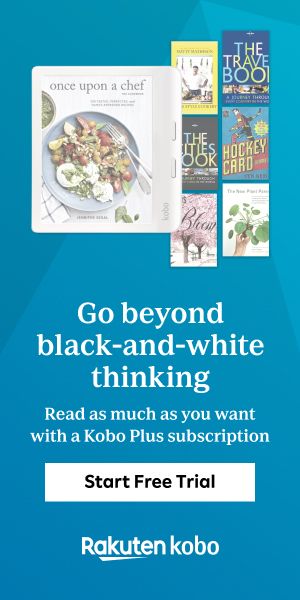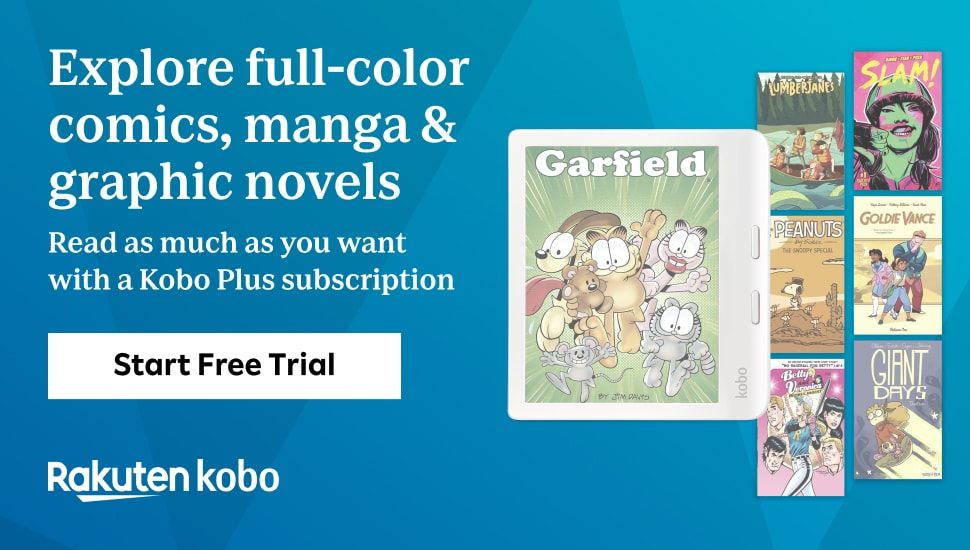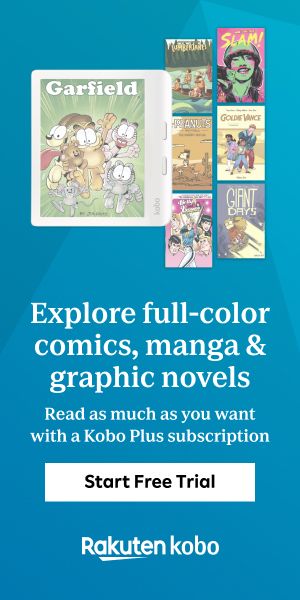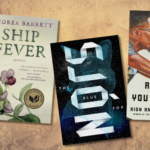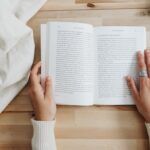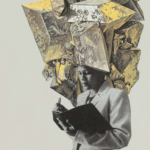
What I Wish I Could Tell My Younger Reading Self
I didn’t grow up a reader. I grew up a storyteller and writer, but not a reader. There are a lot of reasons for this: my undiagnosed ADHD, my parents’ strict rules around consuming any non-Christian media, lack of access to books (my tiny Christian school didn’t have a library), ignorance that there were books available for kids my age, and fear, to name a few.
In college, I majored in English. You’d think that an English major would be reading non-stop for their classes. For neurotypical English majors, you’d be right. I can only remember finishing one book for school at the time. In the campus bookstore, I brought stacks and stacks of required reading to the checkout desk. “English major?” the clerk inquired.
“English major,” I confirmed. While I bought all these books and used all of them in my classes, I never finished them. I went to class, paid attention, took copious notes, and read just enough from the books to pull quotes for supporting evidence in whatever paper I was writing. I wasn’t stupid, even though I questioned that at the time. I found coping mechanisms to get through college. I knew that if I majored in something that I could write my way through, instead of test through, there’d be a good chance I’d graduate.
It was a weight around my soul, the secret shame of being an English major who didn’t read. I decided to take up reading the classics I missed in high school (see Christian education). As many times as I picked up The Great Gatsby or The Catcher in the Rye, I couldn’t finish. I’d fall asleep, even when reading at the dining room table.
Then I found Twilight and Chick Lit, which was at its peak, and I started to read in earnest. But the shame remained. I didn’t want to like these books. I wanted to like books I thought of as the Great American Novel. I wanted to be a serious reader and a serious writer. So I stopped reading YA and Chick Lit. But the problem was, I didn’t start reading anything else.
Through years of trial and error, years of reexamining what I was told was true versus what actually aligned with my values, I’ve finally found my place in this bonkers, bookish world. Looking back, there are some things I wish someone had told me, or better put, things I wish I was brave enough to ask and have conversations about.
The world looks much different now than it did when I was learning these lessons. My hope, however, is that someone who also needs to unlearn ingrained shame and reevaluate what they’ve been taught will find the advice I so desperately needed helpful.
All reading counts. Reading is reading. Whether it’s reading blogs, comics, cookbooks, or Wikipedia pages, it’s all reading. I wish I had known sooner that societal rules are made up. Reading a children’s book is just as valid as reading a textbook. Sometimes more valid in my case. Any other Abeka book learners out there? There’s no hierarchical reading structure. The only reason one text is more valid than another is because people agreed on it. I can agree to value different texts than everyone else. If those books or blogs speak to me, make me feel something, then it counts.
Reading won’t always be this hard. I wasn’t diagnosed with ADHD until I was 37. There are a lot of things I could wish for when looking back at my life, now knowing how my brain is set up. The main thing I’d tell myself is that reading won’t always be this hard. There are books out there that you don’t even know exist that you’ll fly through in a day. You’ll learn how to work with your brain. Create reading hacks. Realize that audiobooks exist. There’s nothing wrong with you, sweetheart. The world isn’t set up for how you see it, and that’s not your fault.
Leave romanticizing to romance novels. I have a habit of thinking that reading is this movie-like experience. Conditions needed to be perfect to read. A quiet place without distractions, with a lit candle and a pile of throw blankets. Bonus if it’s raining outside. If I didn’t have the perfect bookmark or highlighter or lumbar support pillow, then I couldn’t possibly start a new book. None of these things are true. I made all these rules up, so I can remake them into something more sustainable. Life isn’t perfect and neither are reading conditions most of the time. The reason you read, and love, romance novels is because they create perfect moments and scenes within their fictional worlds. So instead of trying to recreate them to an unachievable standard, read about them and let them live where they live.
It’s not a competition. You can’t “win” at reading. There’s no first place. There’s no one else even paying attention to your stack of books. Teddy Roosevelt told us that comparison is the thief of joy. You don’t really know how much other people are reading, and it’s none of your business. Find the books that make you happy and read those. It might be more than some people, but it’s definitely less than others. That’s okay. There’s no gold medal. There’s not even a finish line.
Books are a safe place to experiment. I grew up in a carefully curated bubble. When I finally got out into the world, I was terrified. I was taught that there were non-believers scheming to hurt me or trip me up and that the devil lurked around every corner trying to lure me into a life of sin and STIs. Turns out, this wasn’t entirely accurate. Kind people can be found in and outside of every religion and culture. But there is a lot about life you don’t know, and the world is big and can be scary. Grab a book with stories about the unknowns that scare you the most. These stories may be fictional, but they are real-adjacent. The feelings and lessons and critical thinking skills necessary to read them are real and can be developed over time.
Find community. Reading is better when you can share it with someone else, specifically someone who loves reading the same books that you do. There are whole websites, chat rooms, and forums full of people who want to talk, in detail, about the Murderbot Diaries and the swoon-daddy who is Lord Ingram in the Lady Sherlock series. These people aren’t stupid, just like you aren’t stupid. They are lawyers and scientists, translators and scholars, mothers and students. And they can’t wait for Thursday night, online book club either.
Be mindful of the books you keep. Another comparison and status trap to avoid. Before long, you’ll be drowning in books you’re apathetic about. It costs a lot to keep moving these books. Don’t do it. Most people you meet will not come to your house. They won’t peruse the books on your shelves, then use those titles to judge you. The books you keep need to be texts you will read and reread over again. They need to be useful. They need to bring joy. To you. They need to make you happy to see them on the shelves, nobody else.
Use the library. The library has as many books as you can carry for free. In the future, you’ll read library books, then purchase them after reading because you loved them so much. It’s better to check out a new book from the library to try, and maybe return unfinished, than it is to buy a book and never read it. Then feel guilty for never reading it. Then lug it around the world with you every time you move. This is a headache that can be avoided. Books are expensive. Moving books is also expensive. Use the library.
Keep a book log and reflect. This doesn’t have to be too heavy. Your book log is not that serious. It can be a simple document or spiral notebook with title, author, genre, and date finished. Maybe some stars. That’s it. It doesn’t have to be Bullet Journal beautiful or full of analytical reviews. It can just be a list. This way, you’ll know what books you’ve read. Because, no, you won’t remember in 10 years the book that made a huge impact on you today. Looking back to see what 25-year-old Nikki hated reading and what she loved will help you know yourself better. Books come into our lives when we need them. Keep a list so that you can see what you needed and when. Then, you’ll be able to remember what circumstances in your life led you to that book, how you grew from it, and what it can still teach you with a reread today.
Ask for help. Advice that could go under “use the library” but needs its own category. There’s an entire profession eagerly awaiting your questions about books. I promise you’re not bothering the librarian. It’s one of their great joys to help you find the right book for you. Feel like you read slower than everyone else? Ask for help. Don’t know what to read after Fangirl? Ask for help. In a reading slump? Ask for help. Don’t know where to find the book you’re looking for? Ask for help. Yes, asking for help is scary and vulnerable. But also, it’s totally worth it. Book people are your people. Remember when I told you that there are kind people in every culture? That counts for book culture, too.
Even after you find books you love, in a community you love, in a format that works for you, your reading style and habits will change. They changed when you found romance novels. They changed again after your ADHD diagnosis. Sometimes they change in a new year. Reading will become self-care for you in a way you didn’t expect. There are years ahead of you, sweetheart. It’s going to get better than you ever imagined.
